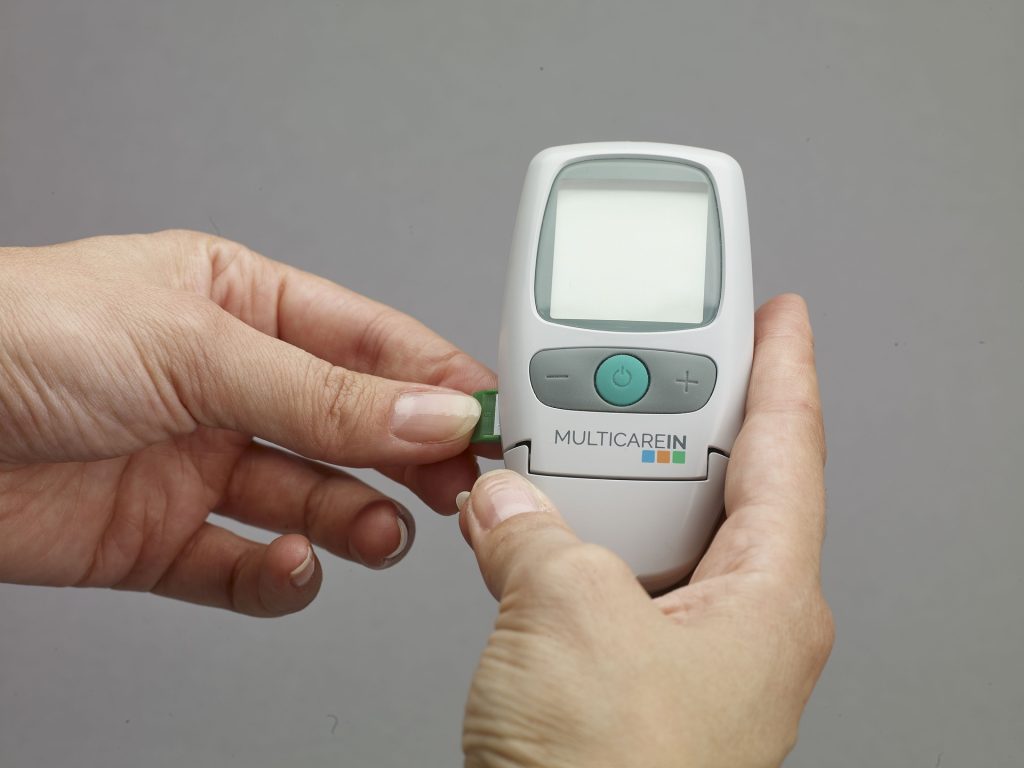Diabetes technology has come a long way in recent years, and it has the power to revolutionize the way someone manages their diabetes. But, there are still many barriers that people living with diabetes encounter every day when it comes to accessing and personalizing technology to fit their individual needs.
At the recent Advanced Technology and Treatments in Diabetes (ATTD) 2023 conference in Berlin, diabetes advocacy organization #dedocº hosted a symposium to address these challenges. The symposium gave advocates the chance to share their experiences with healthcare professionals, researchers, and other people with diabetes.
The panelists covered a wide range of topics, from DIY automated pancreas systems (APS) to managing diabetes throughout different stages of life to technology access in Africa. Despite the range of topics, a clear theme emerged: access and personalization are the two largest challenges facing people with diabetes when it comes to using technology across the world.
In many lower and middle income countries, issues with infrastructure, literacy rates, stigma and discrimination, and poverty prevent people with diabetes from accessing even the most basic tools to manage their condition. Insulin, internet access, and even electricity can be a luxury for many people in Africa.
In higher income countries, regulatory barriers and prohibitive costs keep many devices out of reach for all people with diabetes. DIY APS has been essential for addressing some of these barriers, allowing people to build their own automated insulin delivery systems using existing hardware and open source algorithms.
DIY APS not only addresses issues of access but also helps solve some of the barriers created by the need for personalized devices. There is no one-size-fits-all solution when it comes to diabetes technology, and DIY APS gives people more freedom than commercially available systems.
The importance of personalization was also highlighted by panelists, who shared their experiences searching for information to help them manage their diabetes throughout different stages of life. Citizen science, or involving the general public in scientific research, was suggested as an important tool to help prioritize research important to people with diabetes.
Overall, the #dedocº symposium was an important opportunity for people with diabetes to bring attention to the challenges they face when it comes to accessing and personalizing technology. By giving people with diabetes a seat at the table, the conversation around diabetes technology can only be strengthened. The advocates at the symposium challenged healthcare professionals, industry professionals, and researchers to help find solutions, and hopefully, this will lead to more personalized and accessible diabetes technology for everyone.
